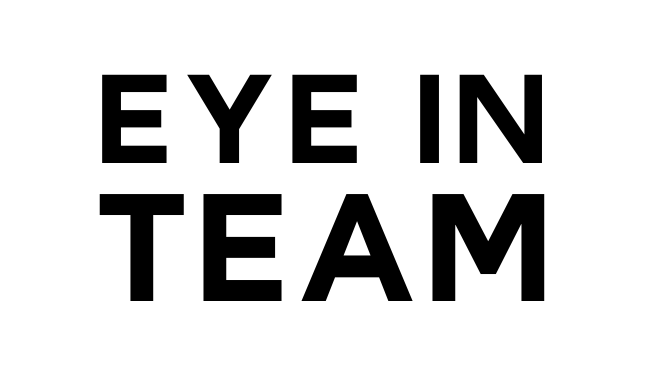Tackle Complex Problems with Simple Solutions for Football Team Management
Managing a football team involves coordinating large rosters, game-day logistics, and clear communication with players, coaches, and families. Whether you're coaching youth football or a club program, planning and organization are essential to tackling a smooth season.
This guide outlines key strategies for managing a football team efficiently, including roster tracking, communication practices, and scheduling tips.
Roster and Staff Organization for Football Team Management
Football teams include players, coaches, and often additional staff for support. Helpful practices include:
- Maintaining detailed player profiles with positions, jersey numbers, emergency contacts, and medical notes
- Assigning coaching roles and responsibilities (e.g., offensive coordinator, line coach, assistant coach)
- Including managers, trainers, and volunteer roles in your team directory
- Organizing players by position, unit (offense/defense/special teams), or age division
Keeping all contact and role information in one place helps streamline planning and communication.
Scheduling Football Practices, Games, and Events
With limited field availability and busy family schedules, having a centralized calendar is critical. You may consider:
- Schedule recurring practices, scrimmages, and games with locations and arrival times
- Add instructions for gear, warm-up times, or game-day attire
- Use shared calendars that sync to family devices
- Send timely updates for changes due to weather or venue conflicts
Clear and flexible scheduling helps players stay prepared and improves attendance.
Athlete Attendance and Player Availability
For football teams, tracking attendance helps with both planning and safety.
- Have players or parents RSVP to each event
- Track attendance across the season, including injury-related absences
- Use availability data to adjust drills, conditioning groups, or depth charts
Consistent tracking supports fair playtime and coaching decisions.
Football Game Day Coordination
Football game days involve field setup, position assignments, and time-sensitive logistics. Coaches can stay organized with:
- Rosters and player contacts readily accessible
- Pre-assigned positions and substitution rotations
- Notes for referee liaison, medical contacts, or emergency protocols
- Post-game logs to highlight performance and areas for development
Game day planning helps reduce stress and support a focus on execution.
Communication with Players and Families
Effective communication keeps the team aligned and ensures families feel informed:
- Weekly emails or messages outlining key events and expectations
- Group chats or channels for specific position groups, staff, or parents
- Emergency alerts for weather, location changes, or injuries
- Pinned information like game schedules, snack duty, or tournament details
Centralizing messages reduces confusion and fosters team unity.
Registration and Forms
Managing player data and paperwork can be streamlined by:
- Collecting digital forms for waivers, health clearances, and emergency contacts
- Tracking payment for league fees, uniforms, and team events
- Keeping all registration info organized and accessible to coaches and admins
A smooth registration process simplifies the preseason workload.
Uniform and Gear Management
Football programs handle significant gear. Staying organized helps with budgeting and accountability.
- Track helmet, pad, jersey, and cleat distribution
- Record sizes, numbers, and issue/return status
- Monitor wear and tear for planning future equipment needs
Efficient gear tracking helps teams stay safe and ready to play.
Volunteer Support and Parent Engagement
From chain crews to team snacks, parent involvement makes a big impact:
- Create a volunteer schedule for game days and events
- Allow parents to sign up in advance and receive reminders
- Thank volunteers regularly to encourage continued participation
Structured support fosters a stronger team community.
Wrapping Up Your Successful Football Season
The end of the season is a time to reflect, celebrate, and plan ahead:
- Archive attendance and performance data for future reference
- Share team highlights, stats, and appreciation messages
- Roll over team rosters and coaching assignments for next year
- Plan a team celebration or awards event to close the season
Closing the season on a high note reinforces positive memories and player growth.
Managing a football team involves logistics, leadership, and strong communication. With a structured approach to scheduling, rosters, and volunteer support, coaches can focus more on building team culture and helping athletes develop their skills.
Clear systems help reduce confusion and create a positive experience for players, families, and coaching staff alike.
